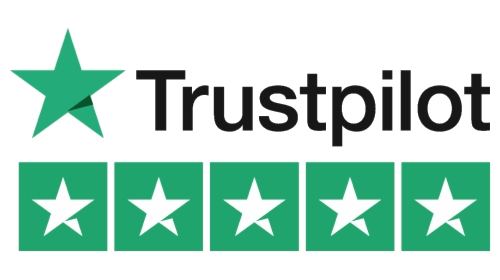How a Merchant Cash Advance Can Help Maximize Your Holiday Sales
Updated November 23, 2021
Business loans for the 2021 holiday season may be hard to come by, but a merchant cash advance is easy to access, with an 84% approval rate in 2020.
Get Funded Now
A merchant cash advance (MCA) is considered alternative business funding that provides flexible repayment terms. It is a form of business cash advance. The business pays back the cash advance from a percentage of its future credit card or debit card receipts. An MCA requires no collateral and is an quick source of business financing for businesses in need of growth capital but with little assets.
An MCA differs from a traditional bank loan (such as a term loan) and is almost always more costly than a bank loan.
During the holiday season (such as Black Friday), a merchant cash advance can help you expand services or inventory. This, in turn, will increase your sales and revenue. Unlike a line of credit, an MCA is a lump sum financing arrangement where a business line of credit can be drawn as needed.
How Merchant Cash Advances Work
An MCA works by receiving a lump-sum cash payout from an MCA lender. The MCA provider will require direct access to the point of sale merchant account with your credit card processor to monitor the business cash flow. The business pays off the advance using a percentage of daily credit card and debit card sales.
Unlike other forms of lending, the funding provider is not required to conduct a credit check or have a detailed look into the business financial statements.
A merchant cash advance provides businesses with the confidence to expand operations. The amount of funding the company will receive depends on a few factors like:
How much the business can afford
Average annual turnover
The volume of daily sales
What Is a Holdback?
A holdback is the percentage of future credit card and debit card sales applied to the advanced sum. This percentage is fixed until the entire cash advance is fully repaid. The higher the volume of daily credit card sales, the faster the business can repay the advance.
How to Qualify for a Merchant Cash Advance
Qualifying for an MCA is easy, hence the high approval rate. Unlike traditional financing options, businesses do not need to be in operation for a set time to be eligible. Business owners seeking an MCA must be prepared to submit the following:
Loan sum
Company structure information
Annual gross revenue
Estimated future income projection
Bank account statements
Credit card processing information
Monthly credit card receipt volume
Business owner information
Current business tax returns
General minimum MCA qualifications:
1+ year in business
$50,000 minimum annual revenue
500+ credit score
How a Merchant Cash Advance Can Help Grow your Holiday Sales
The best ways to use an MCA are purchasing inventory, hiring seasonal employees, investing in advertising and extending your hours.
Purchase Inventory
With the ease of lockdown restrictions, more customers are purchasing goods at an increasing rate. An MCA can help businesses buy additional stock to earn more revenue.
Hire Seasonal Employees
Small businesses often struggle to cope with the influx of customers that come during the holiday season. An MCA provides the funding to hire additional employees required to meet consumer demand.
Purchase Advertising
Marketing campaigns are vital during the Holiday season, with customers looking for the best deals. But advertising is expensive. A merchant cash advance can provide the required funding a business needs to increase visibility and maximize sales.
Extend Hours
A merchant cash advance can help companies pay overtime, ensuring workers stay for extended hours. This advance allows the business to open for longer, make more sales and generate additional revenue.
Types of Seasonal Business Loans
Aside from MCAs, seasonal business loans include invoice factoring and a business line of credit. We’ll introduce them and compare them to MCAs below.
Invoice Factoring
Invoice factoring is a type of loan where a business sells some or all of its outstanding invoices to a third party as a means of boosting cash flow and stabilizing revenue. A factoring company pays the business the invoiced amount upfront and collects the payment directly from the business’s customers. Invoice factoring is also known as an accounts receivable loan.
The amount a small business owner is required to pay back is determined by a factor rate. A factor rate is expressed as a decimal figure such as 1.25 meaning the amount to be repaid is 1.25 x the borrowed (or advanced) amount. These payments are generally paid from future sales amounts.
A factor rate differs from an interest rate because with factoring, the cost of the loan is fixed, where an interest rate accrues over time until the balance is paid off.
Business Line of Credit
A business line of credit (LOC) is a category of small business loans that is flexible to use compared to other loans. It functions like a credit card where the business is given access to fixed working capital to meet short-term business needs. The payment terms are also fixed from the beginning.
Merchant Cash Advance
A merchant cash advance is a commercial agreement between the MCA provider and business owner to purchase future credit card and debit card sales for a lump sum upfront. The MCA provider receives a daily percentage of the point of sale (POS) transaction as payment, instead of a fixed amount.
Wrap Up
Due to its flexibility, a merchant cash advance is a convenient option for businesses looking to increase their holiday sales. An MCA allows companies to focus all its efforts on generating revenue.






